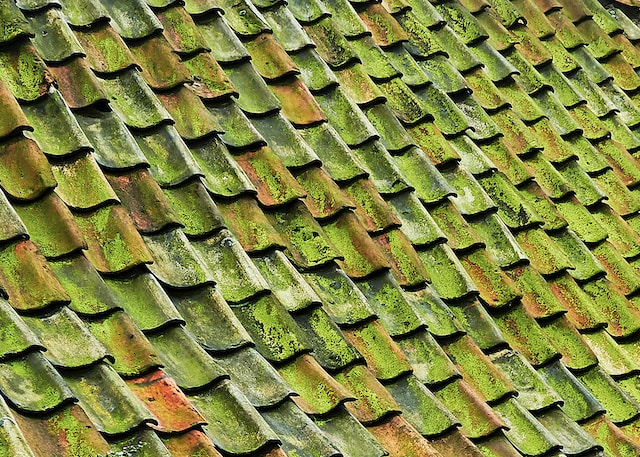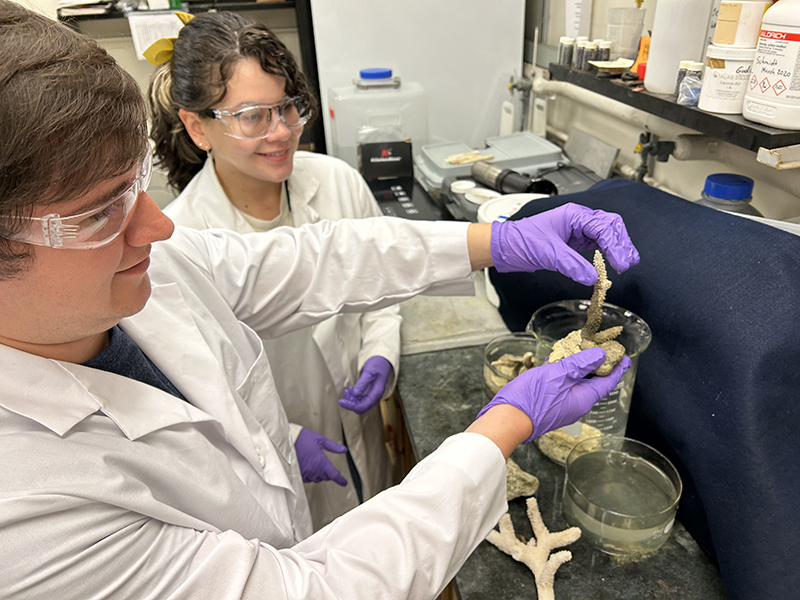New Worlds Observer
We have all experienced glaring light that blinds us until we close a shade, raise a hand, adjust a rearview mirror or close an aperture. Much the same happens with ground-based telescopes that must be located far away from cities and use “occulting disks” so as not to be “blinded by the light.”
Now that scientists are hot in pursuit of compact rocky surfaced earthlike exoplanets, they are coming up with new technologies to make the search process easier so that onboard cameras can continue to snap exoplanets, stellar nebula and more.
Sun Flower-Like Starshades
Webster Cash, astrophysicist at the University of Colorado at Boulder Center for Astrophysics and Space Astronomy has come up with a new idea for shading space telescopes from starlight so they can see farther and more accurately. The idea is also being studied by Jeremy Kasdin and his team at Princeton’s High Contrast Imaging Laboratory who are using a small-scale version of the star shade and computer simulations to verify that the technology will work.
Cash’s idea came from the Helianthus Giganteus or “giant sunflower” with its large flower petals. The “starshade” spacecraft, positioned 50,000 km from the telescope, would enable clearer detection and imaging of distant planets. A starshade prototype is designed to prevent diffraction of light that would interfere with a clear view for the space telescope.
Two Spacecraft Observation System
The starshade and its “partner” telescope” would be launched to a specific orbits and then be maneuvered into positions using thrusters. The teams estimate starshades will block out the light of over 50 stars that significantly degrade the quality of vision. Another advantage of the starshade is it reduces the size of telescopes needed to see far distances.
Related articles on IndustryTap:
- The Deep Space Exploration Plan: Exploring The Cosmic Ocean
- SpaceX Pushing The Limits For Private Space Exploration
- SPIDER Telescope Returns From Space With New Data About the Early Universe
References and related content:






